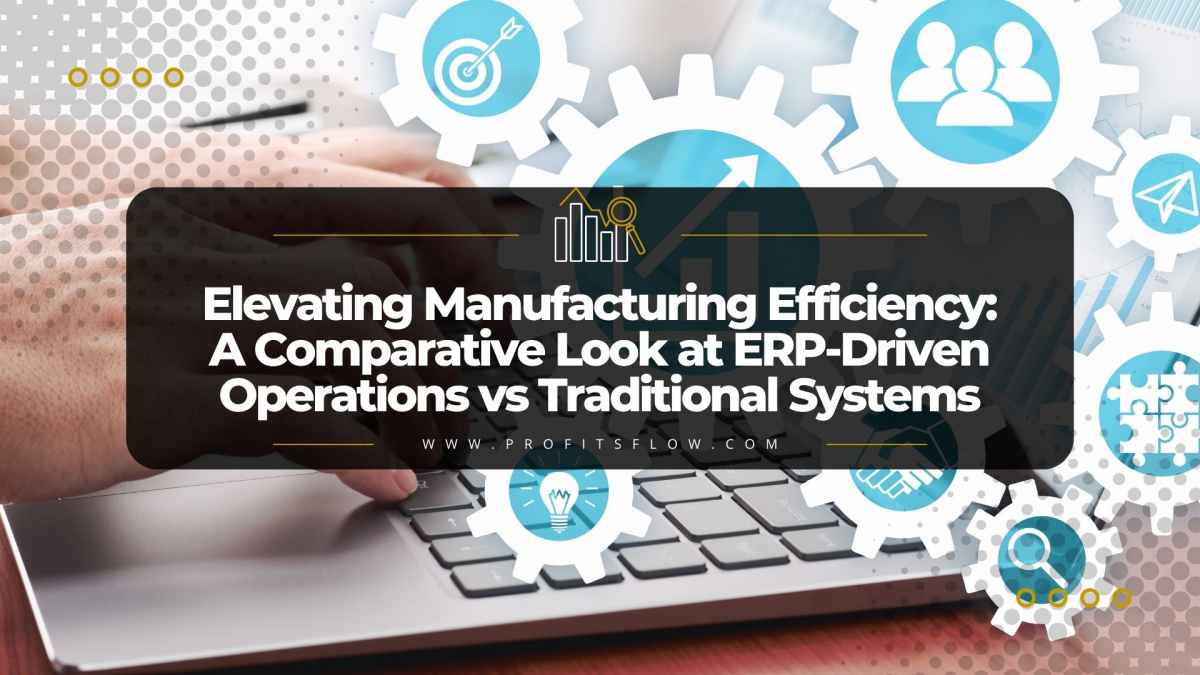Transforming Manufacturing for a Leaner and Smarter Future: Manufacturing ERP Software
In this week’s blog we wanted to compare how an organisations operations are affected when using a fully comprehensive ERP system vs more traditional systems. The ability to streamline processes, manage resources effectively, and make data-driven decisions can make or break a company’s competitive edge. One essential tool that revolutionises the way modern organisations operate is the Enterprise Resource Planning (ERP) system. Here, we will explore how a manufacturing company would function with and without an ERP system, highlighting the significant advantages that ERP implementation brings to the table. Explore if manufacturing ERP software will be the solution for you.
Firstly, we will look at how an organisation manages their data and information. In a company without an ERP system, information is often scattered across different departments and stored in various systems or even paper-based files. This lack of centralised data can lead to data duplication, inaccuracies, and difficulty in accessing real-time information, hindering quick decision-making. This problem only intensifies as the company will grow and more and more people are onboarded. This issue can be avoided with the use of an ERP system. ERP systems act as a central repository of information, consolidating data from various departments. It provides real-time insights into inventory, production status, sales, and financials. Having a single source of truth helps the business make informed decisions quickly, increasing responsiveness to market demands.
There is also a considerable difference in how an organisation can streamline its processes. Without an ERP system, manual processes are time-consuming and can easily be prone to errors. For instance, in a non-ERP environment, tracking inventory levels, order status, and production schedules require manual data entry, this can be made even more complicated if the employees responsible for this make a costly error or are unable to attend work due to illness or any other reason. This can be avoided when using an ERP system that automates these various processes, eliminating the need for manual data entry and reducing errors. From material procurement to production scheduling and order fulfilment, the entire supply chain is streamlined, resulting in enhanced production efficiency and reduced lead times.
When an organisation implements an ERP system they can also be provided with real-time visibility. This visibility will allow the business to track orders, monitor production progress and manage logistics efficiently. A major benefit to this real-time visibility is that collaboration between departments and external partners is enhanced and operations can be run much more smoothly. Without an ERP system these tasks become much tougher to carry out. To maintain the same level of communication between all the departments requires careful and meticulous planning. It can also be a complicated process in accessing the same level of real-time data where in many cases several different software solutions can be involved. The use of one fully integrated ERP solution is much more efficient.
Implementing an ERP system is a game-changer for companies. It revolutionises the way data is managed, processes are streamlined, and decisions are made. The advantages of ERP systems, such as centralised data, streamlined processes, optimised inventory management, and improved supply chain visibility empower manufacturers to remain competitive in today’s challenging market. These ERP systems provide the necessary foundation for growth, adaptability, and responsiveness, ensuring that businesses can stay ahead of the competition. As technology continues to advance, ERP systems will only become more vital for organisations seeking to optimise their operations and thrive in the ever-evolving market.
If you are interested in learning more about manufacturing ERP software be sure to follow us on our social media platforms such as LinkedIn, Facebook, and Twitter. You can also contact us via phone on 01-244-9580 and email at info@profitsflow.com if you want to learn more about our own ERP software solution “EFACS” which is an ERP system specifically designed for the manufacturing and field service sectors. manufacturing ERP software
